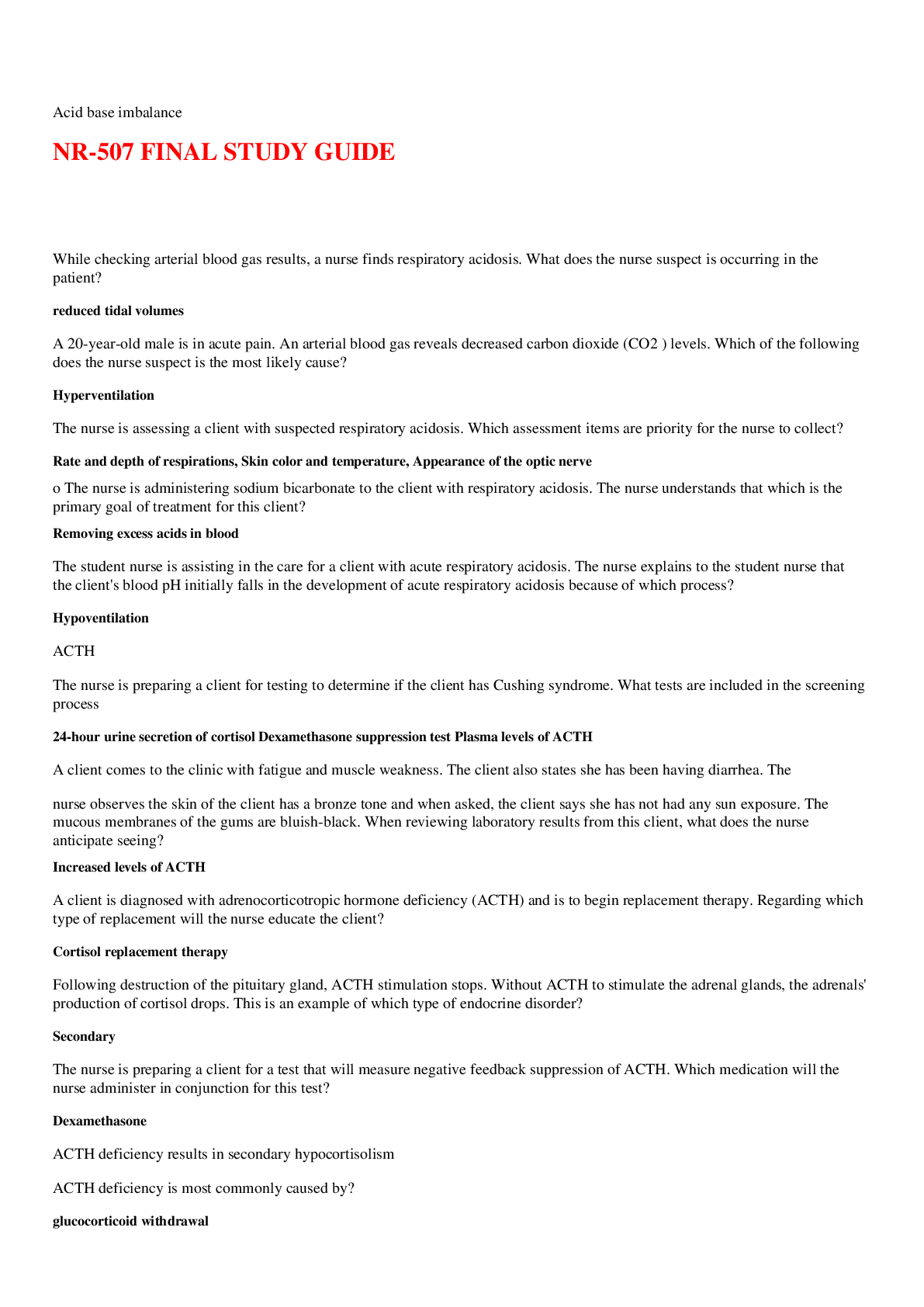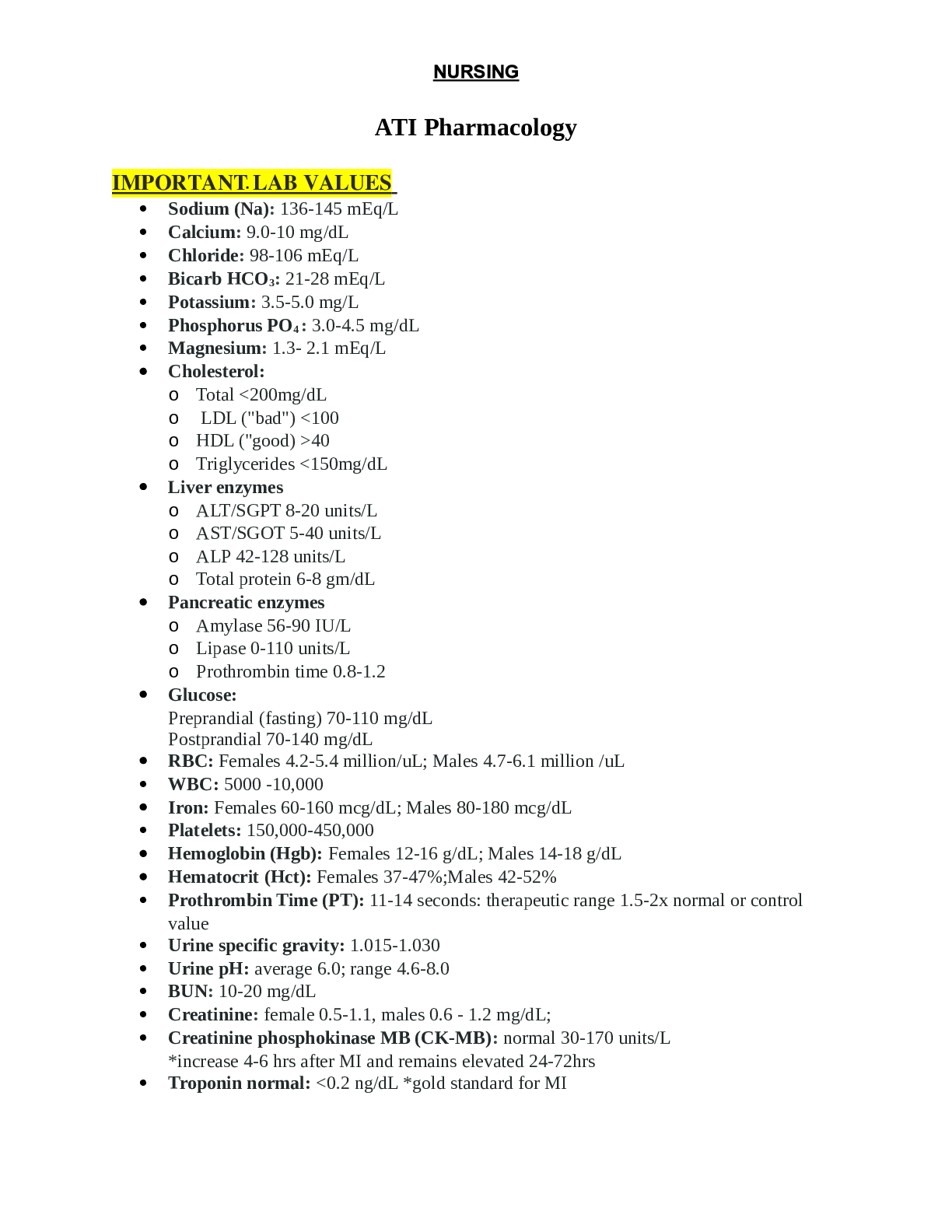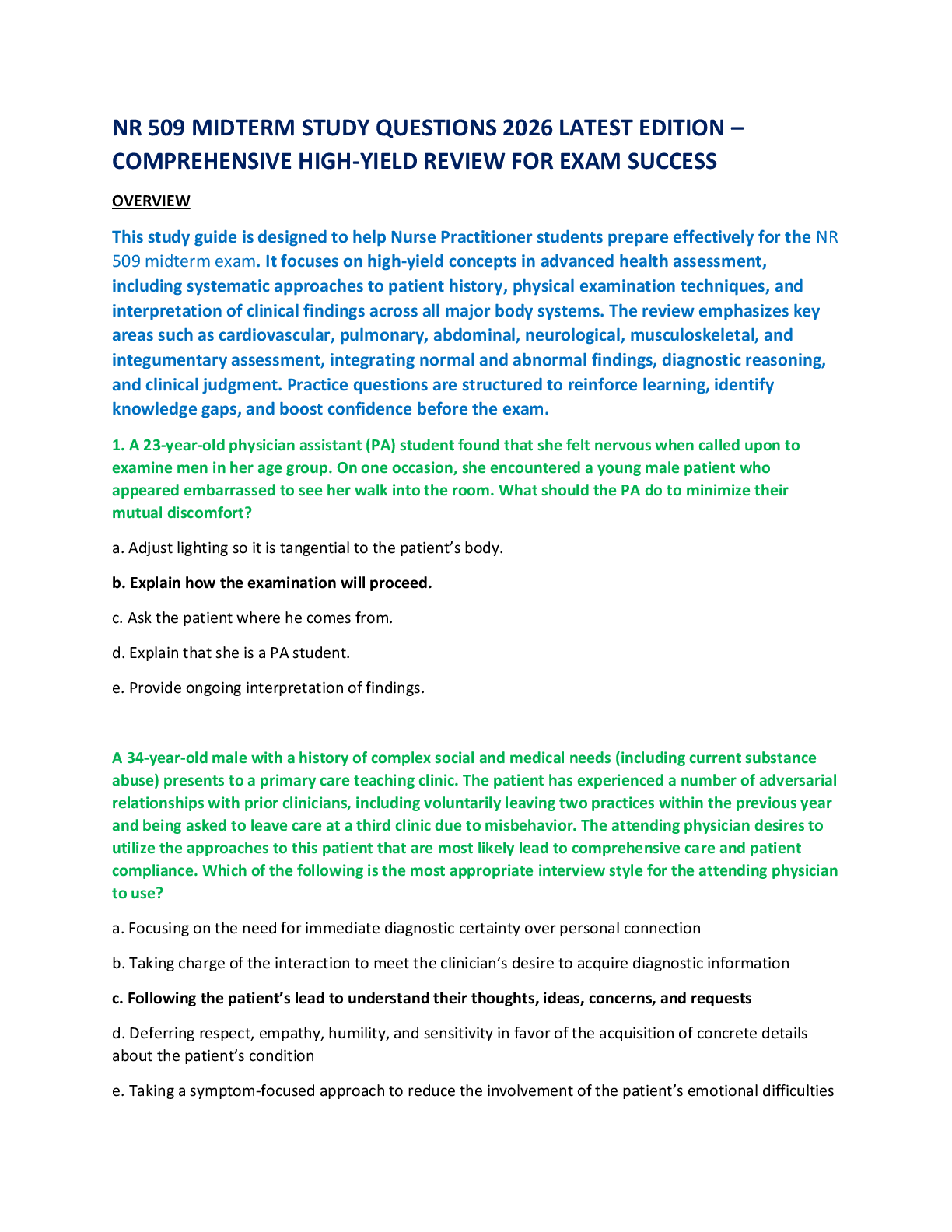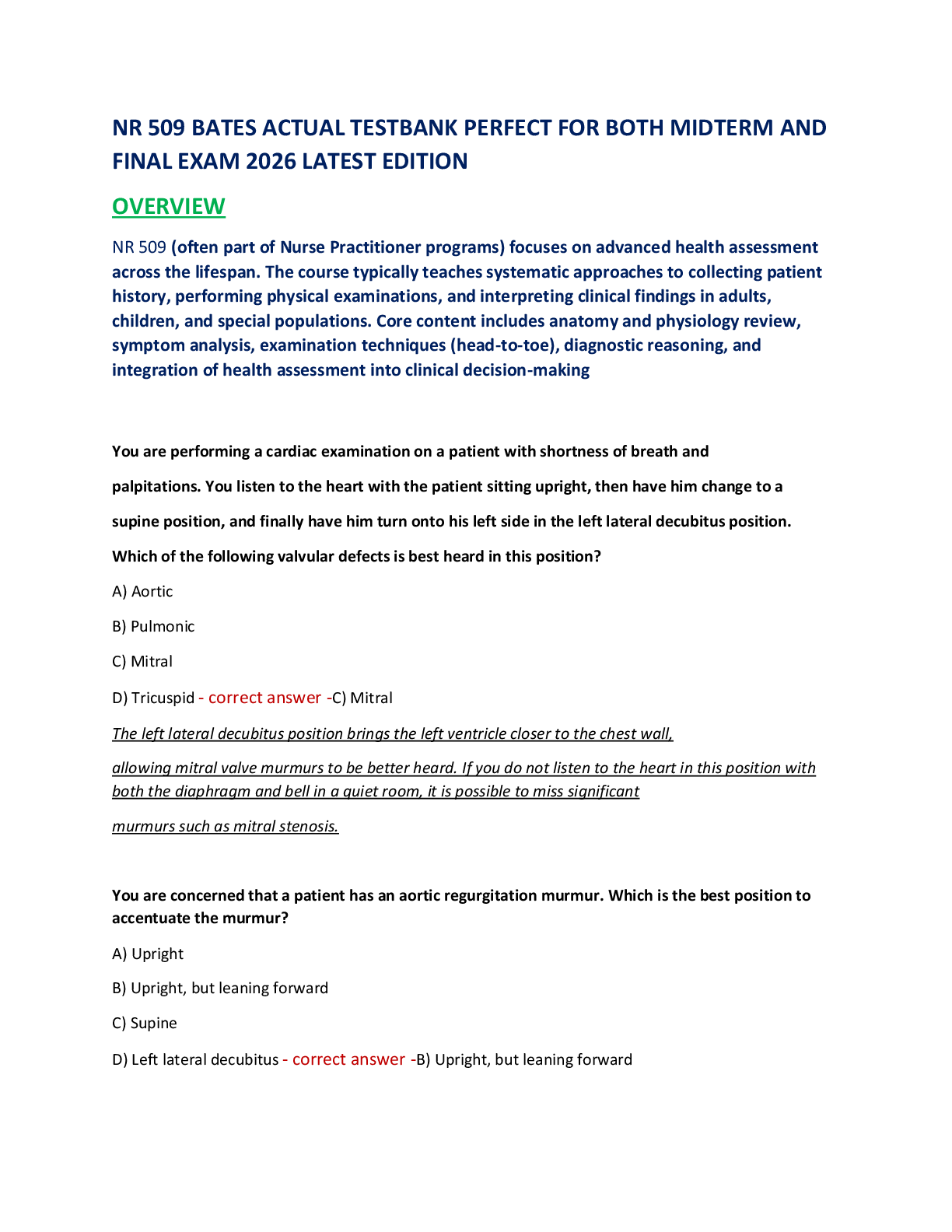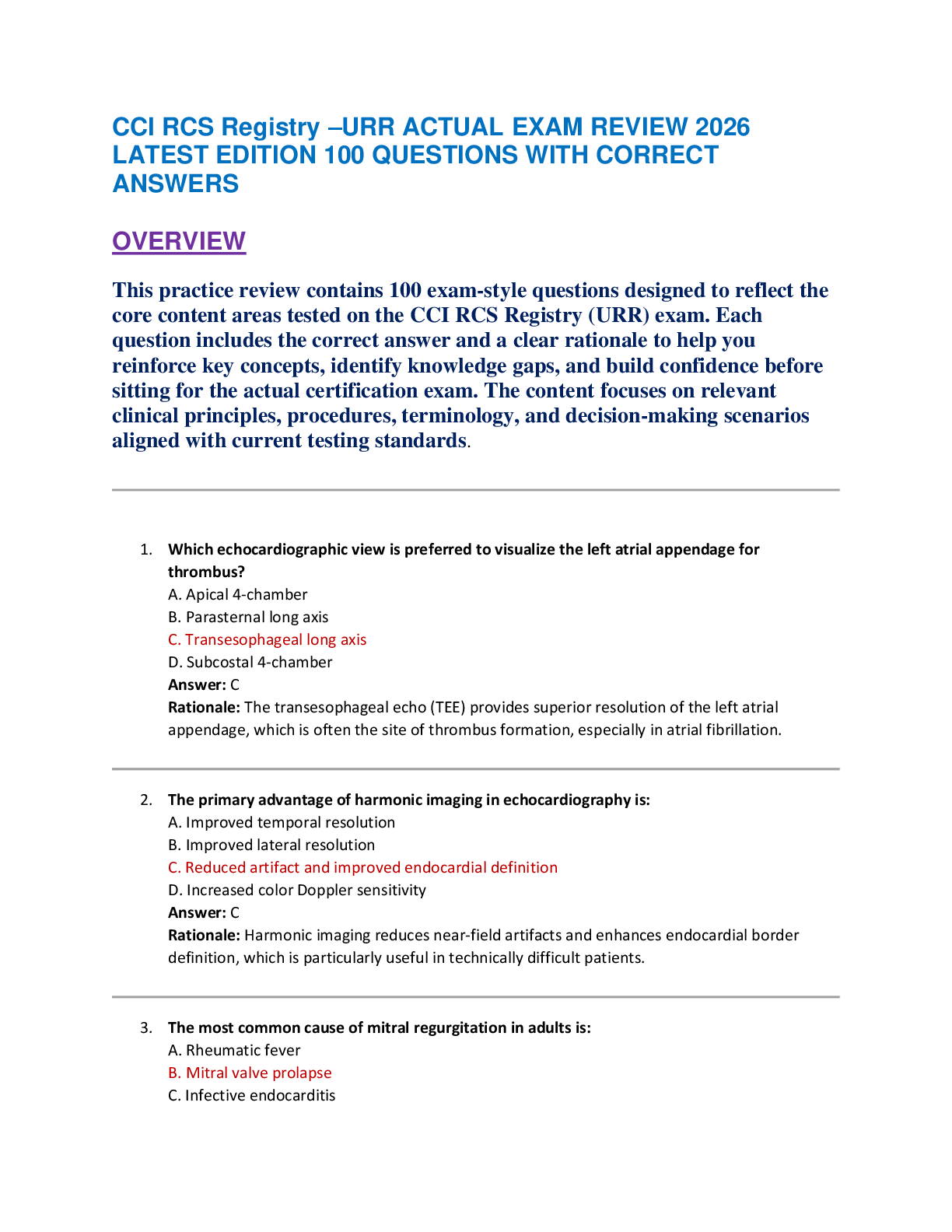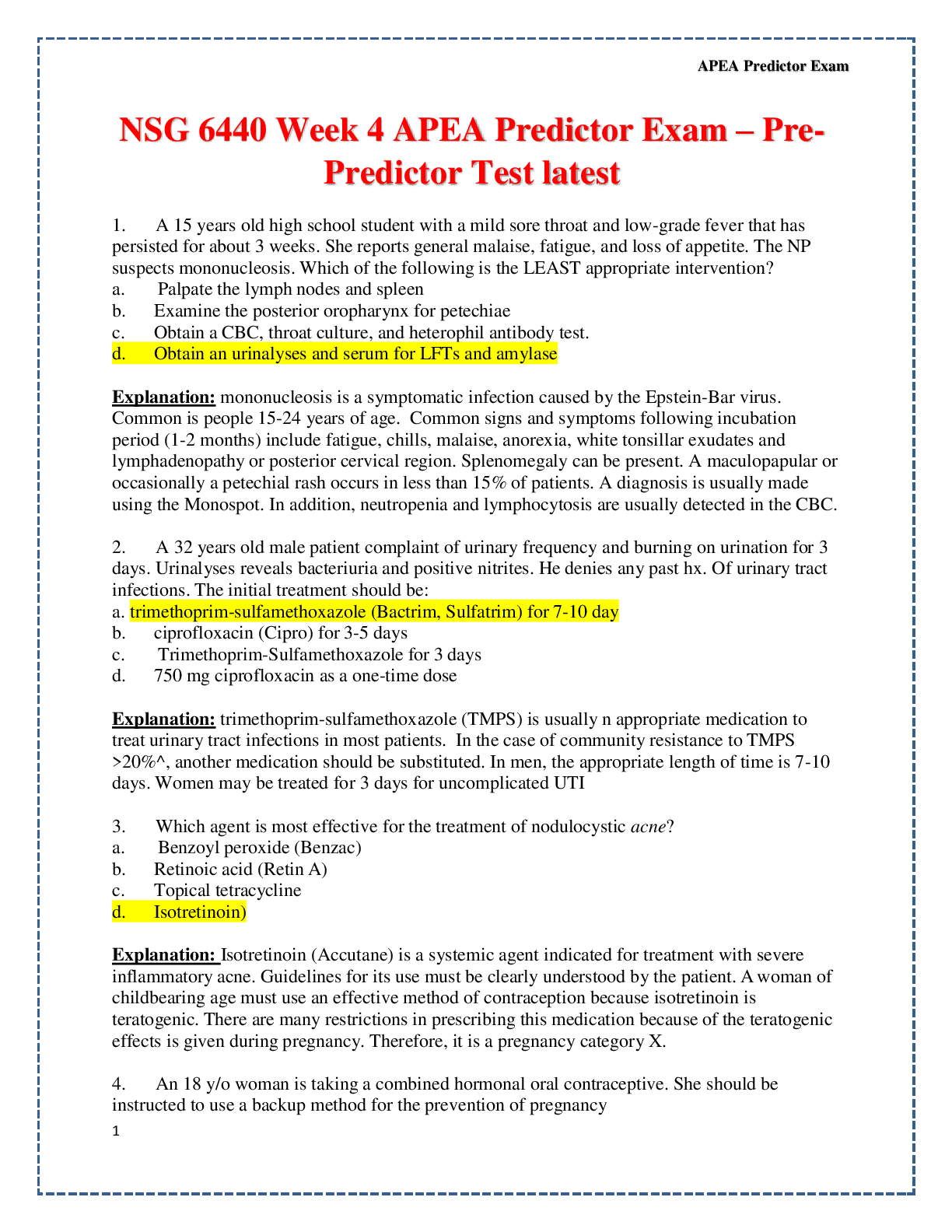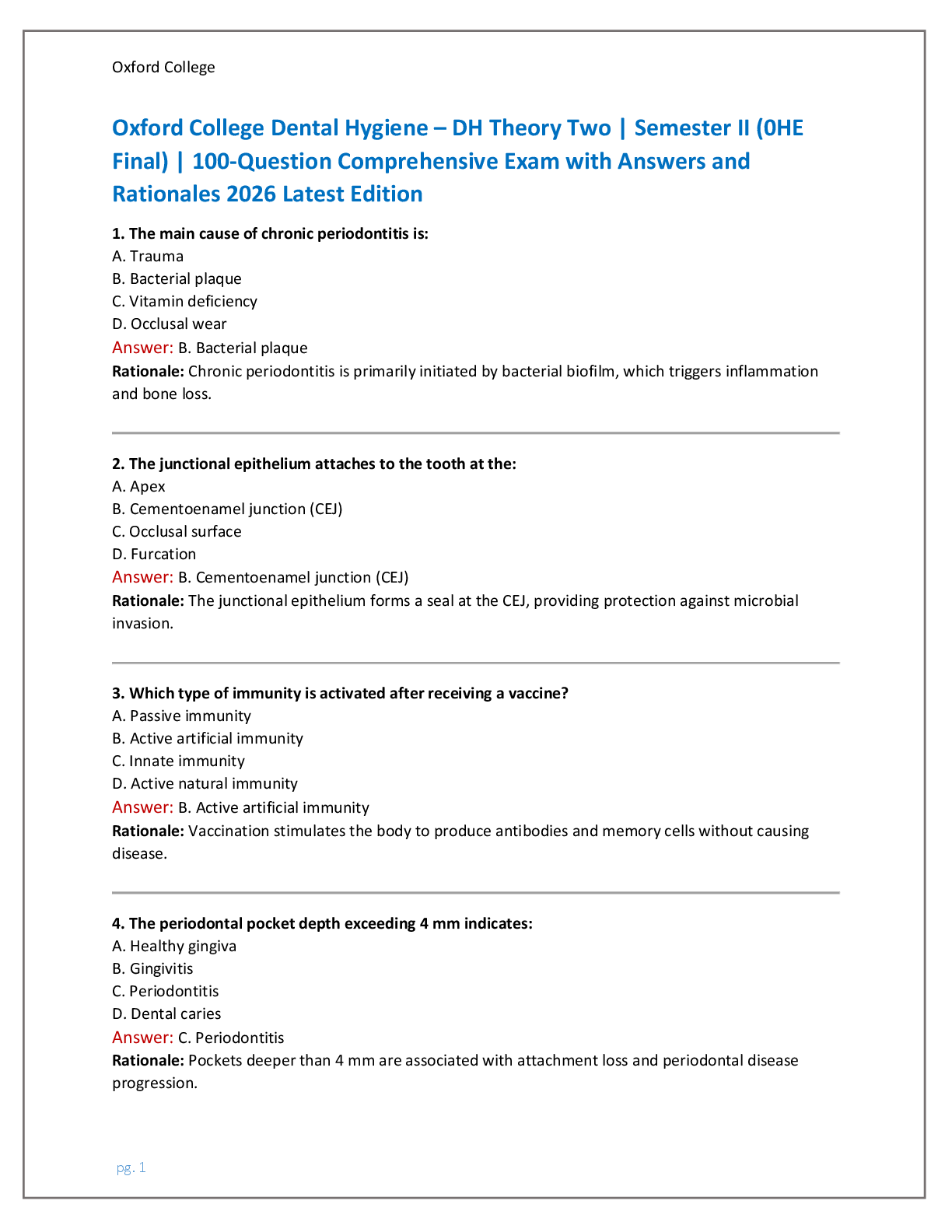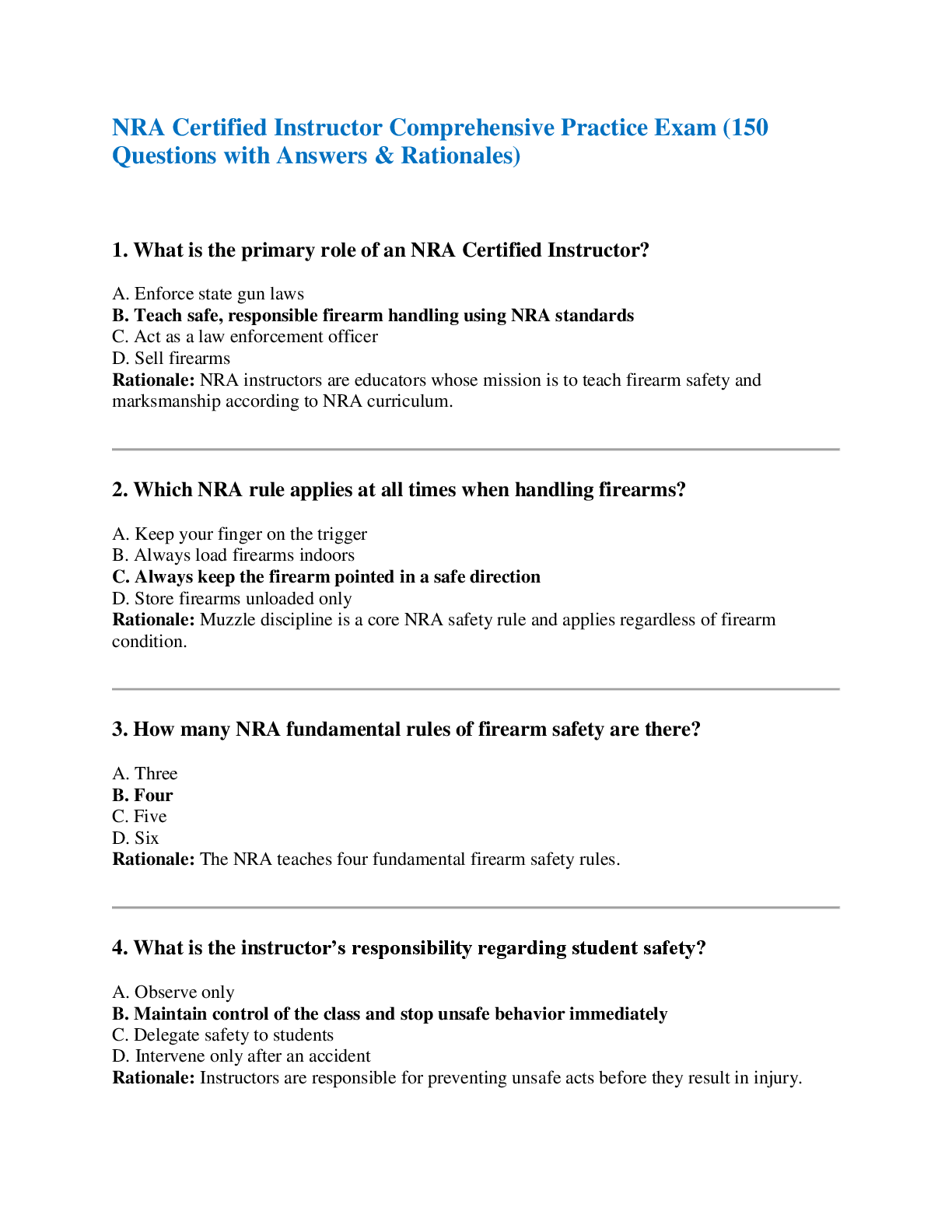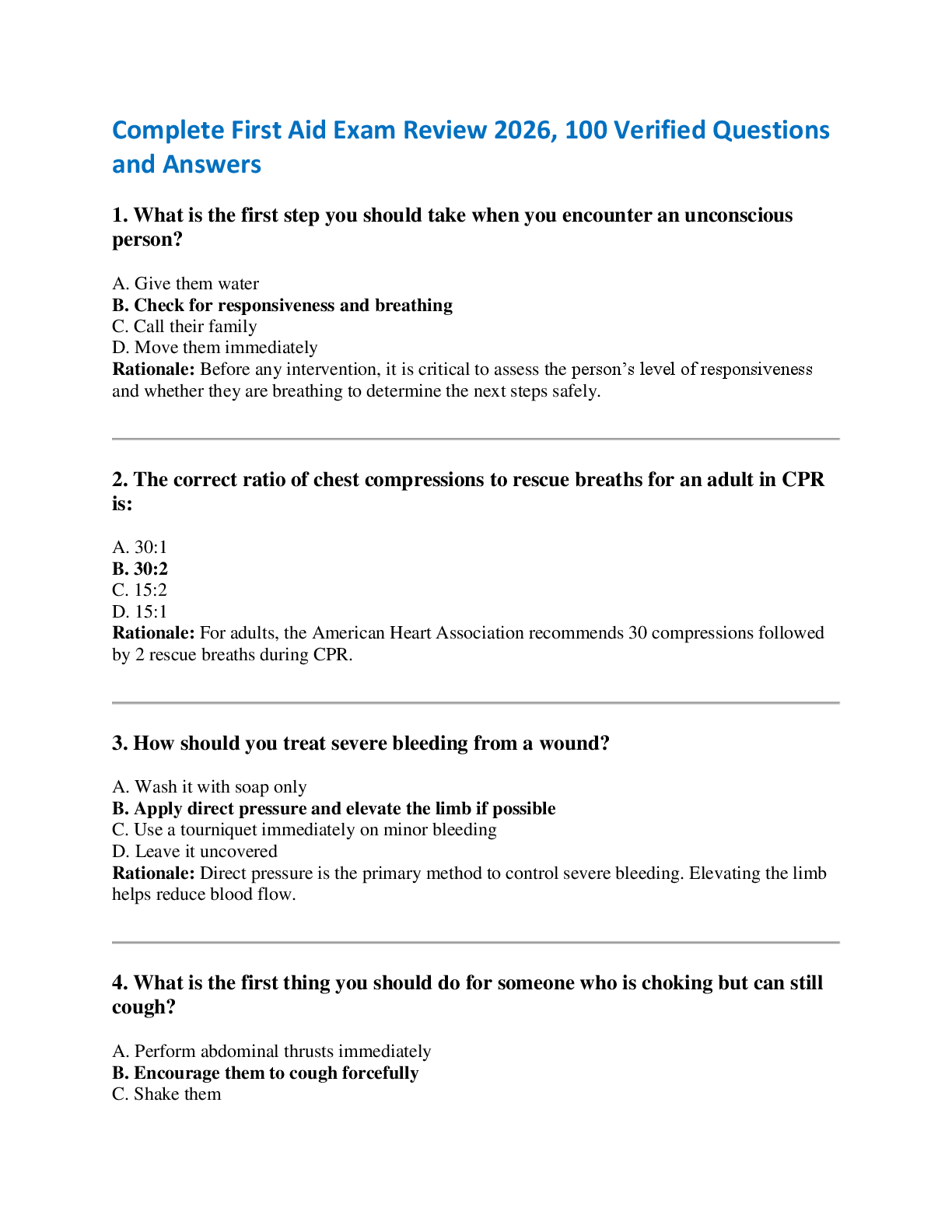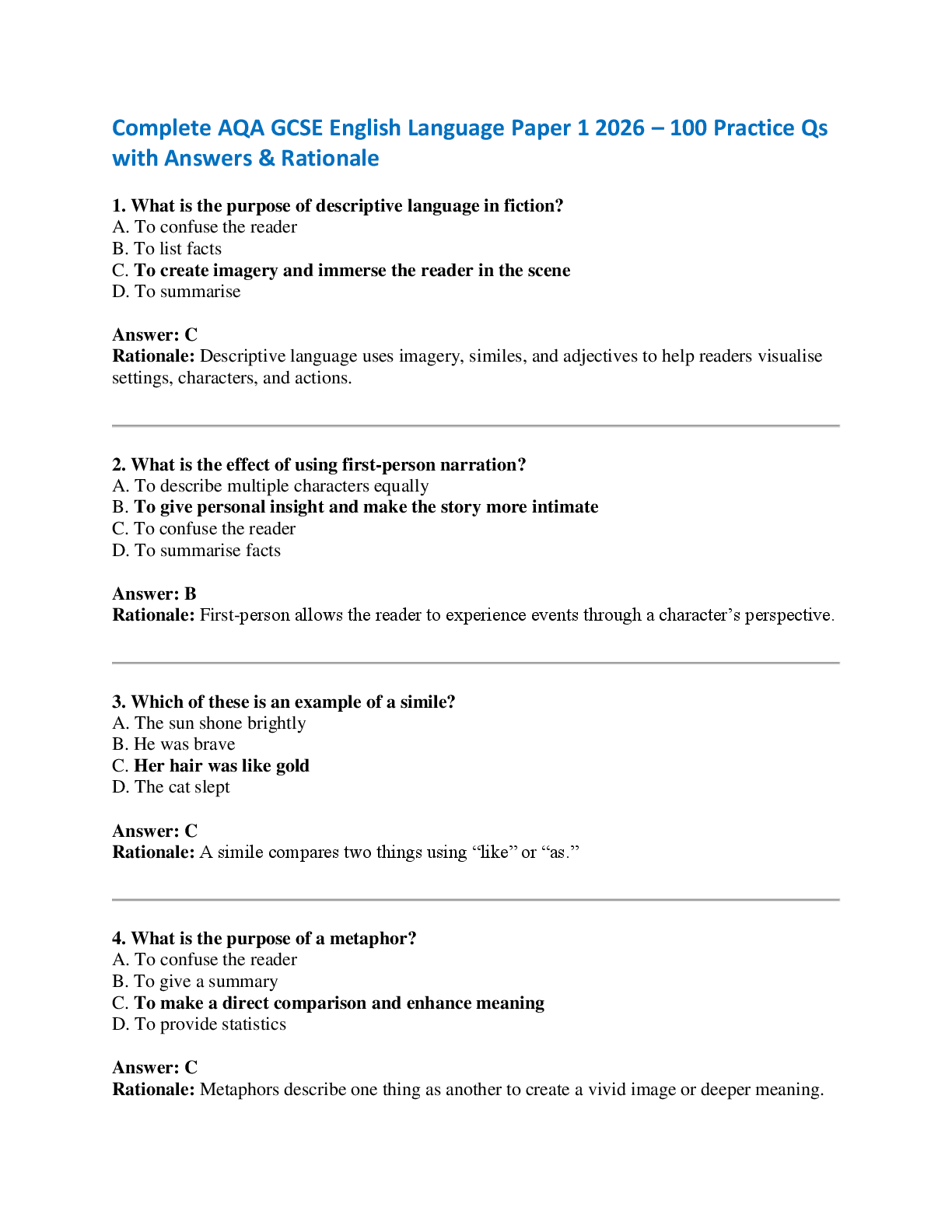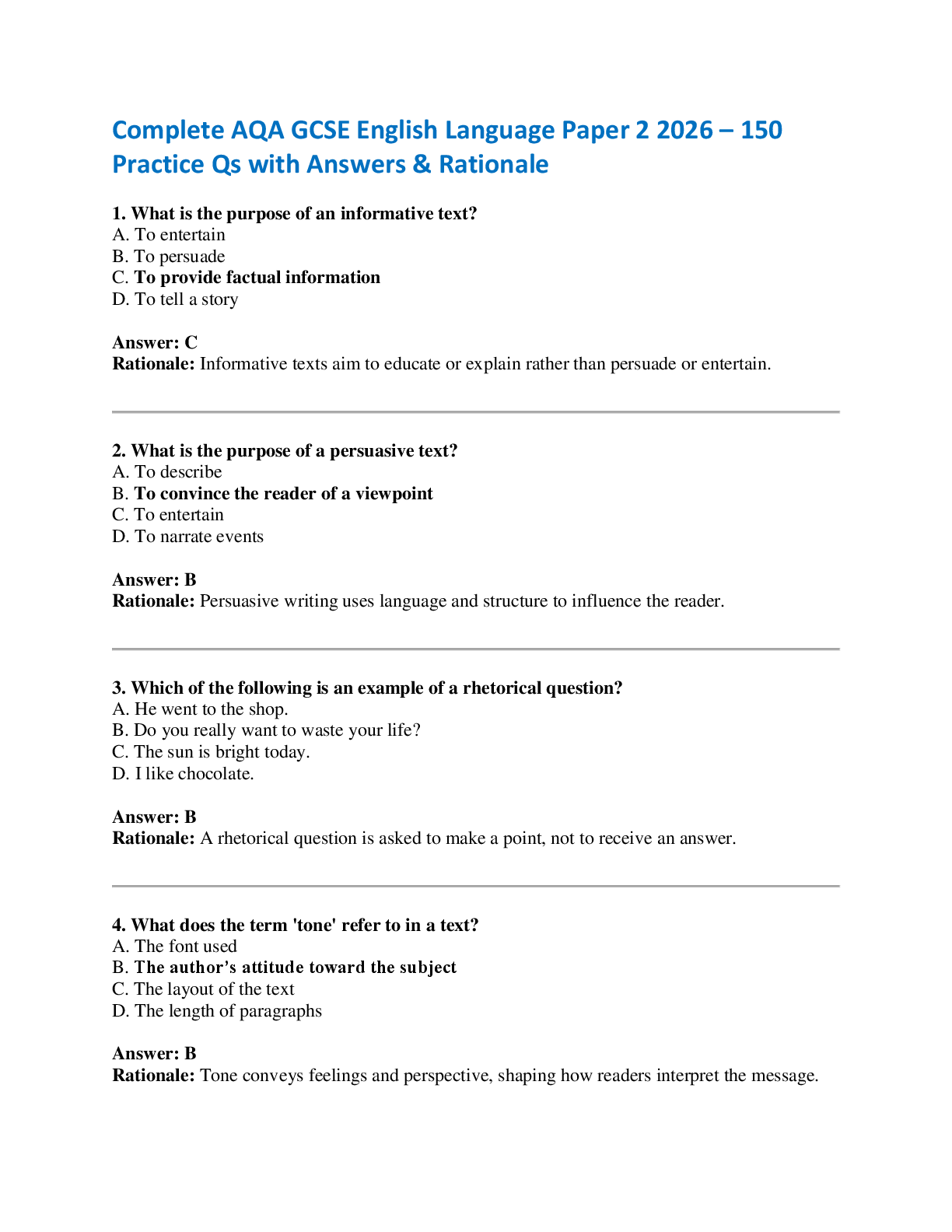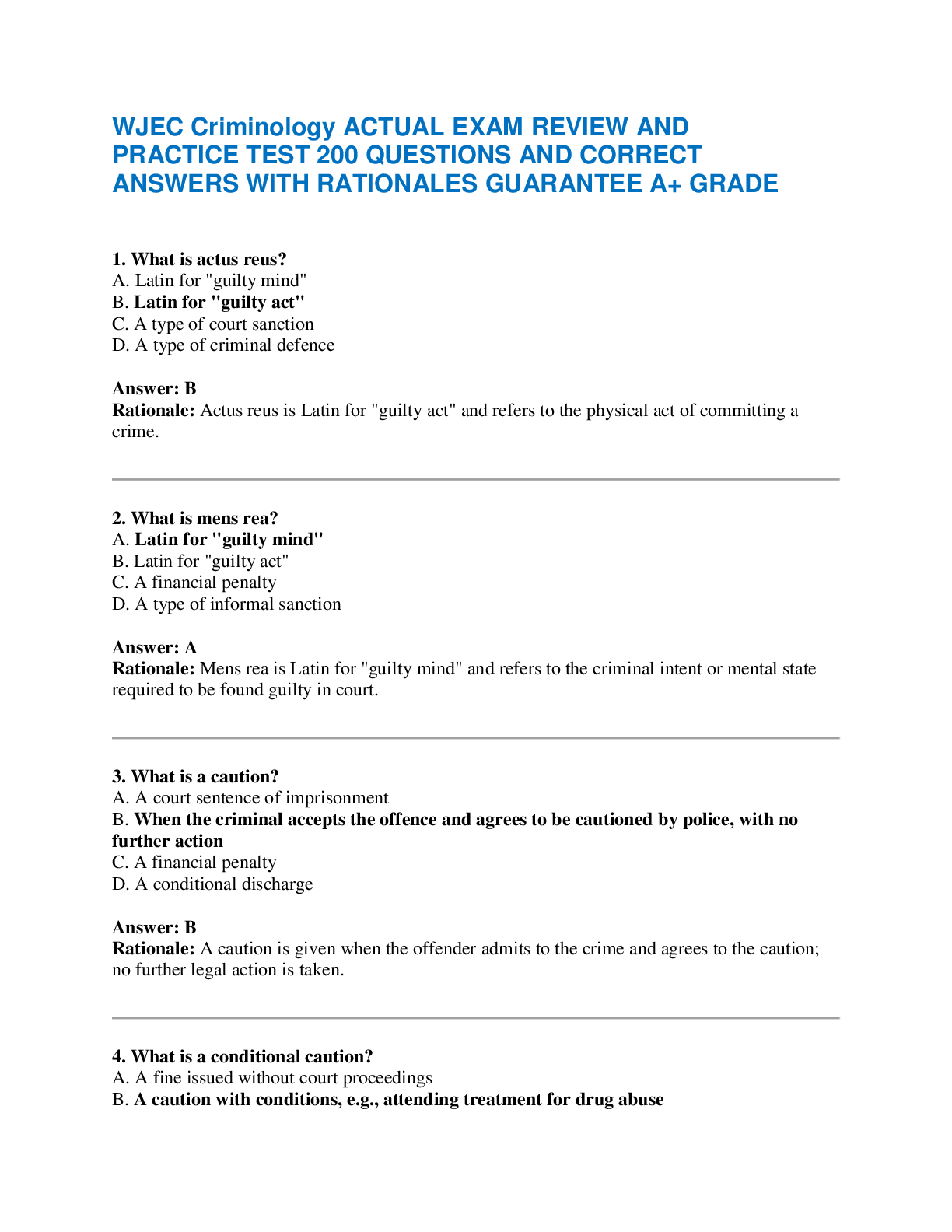Drug Names-
The Generic Name: is the official, nonproprietary name for the drug; this name is not owned by any drug
company and is universally accepted. Generic names are given in lowercase letters
The Brand (Trad
...
Drug Names-
The Generic Name: is the official, nonproprietary name for the drug; this name is not owned by any drug
company and is universally accepted. Generic names are given in lowercase letters
The Brand (Trade) Name: also known as the proprietary name is chosen by the drug company and it usually a
registered trademark. Brand names always begin with a capital letter.
Over-the-Counter Drugs-
Over the Counter (OTC): drugs have been found to be safe and appropriate for use without the direct
supervision of a healthcare provider. They are available for purchase without a prescription in many retail
locations. OTC drugs include vitamin supplements, cold remedies, analgesics, antacids, laxatives, antihistamines,
sleep aids, nasal sprays, weight control drugs, drugs for dermatitis and fungal infections, fluoride toothpaste,
corn and callous removal products, and herbal products.
Chapter 2: Pharmacokinetics, Pharmacodynamics, and Pharmacogenetics
Pharmacokinetics-
Pharmacokinetics: . Is the process of drug movement throughout the body that is necessary to achieve drug
action. The 4 processes are absorption, distribution, metabolism (or biotransformation), and excretion (or
elimination).
Drug Absorption: is the movement of the drug into the bloodstream after administration. Approximately 80% of
drugs are taken by the mouth (enteral). For the body to utilize drugs taken by mouth, drug and solid form must
disintegrate into small pieces and combined with liquid to form a solution, a process known as dissolution, in
order to be absorbed from the gastrointestinal track into the bloodstream.
o Unlike drugs taken by mouth parenteral drug such as eyedrops, eardrops, nasal sprays, respiratory
inhalants, transdermal drugs, and sublingual drugs do not pass through the G.I. tract.
o Blood flow, pain, stress, hunger, fasting, food, and pH affects drug absorption.
o Drugs given intramuscularly are observed faster and muscles that have increased blood flow (e.g.
deltoid) than those that do not (e.g. gluteus maximus).
o Subcutaneous tissue has decreased blood flow when compared to muscles, so absorption is slower when
drugs are given subcutaneously. However, drugs that are given subcutaneously have a more rapid and
predictable rate of absorption than those given by mouth.
[Show More]



